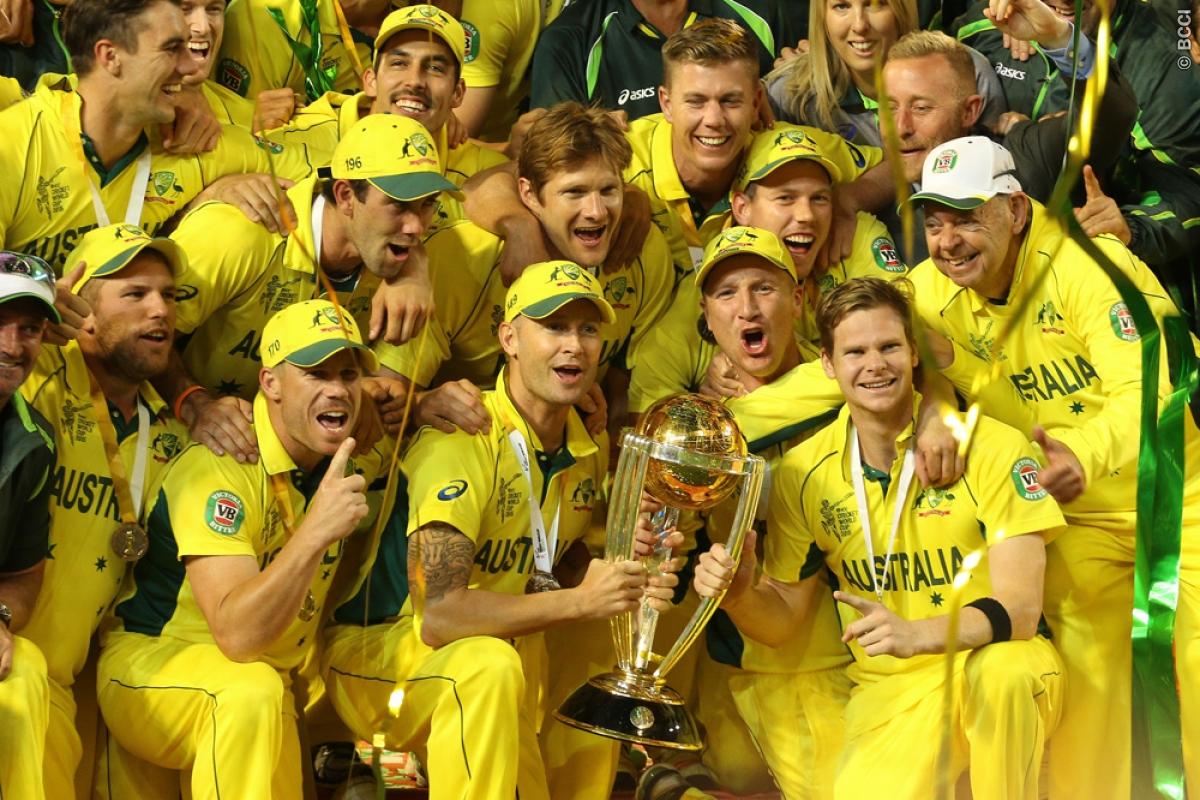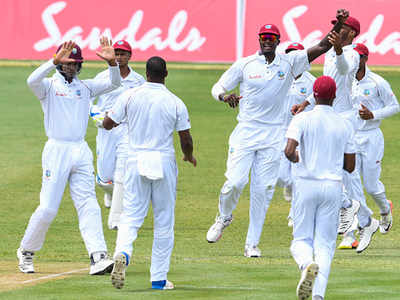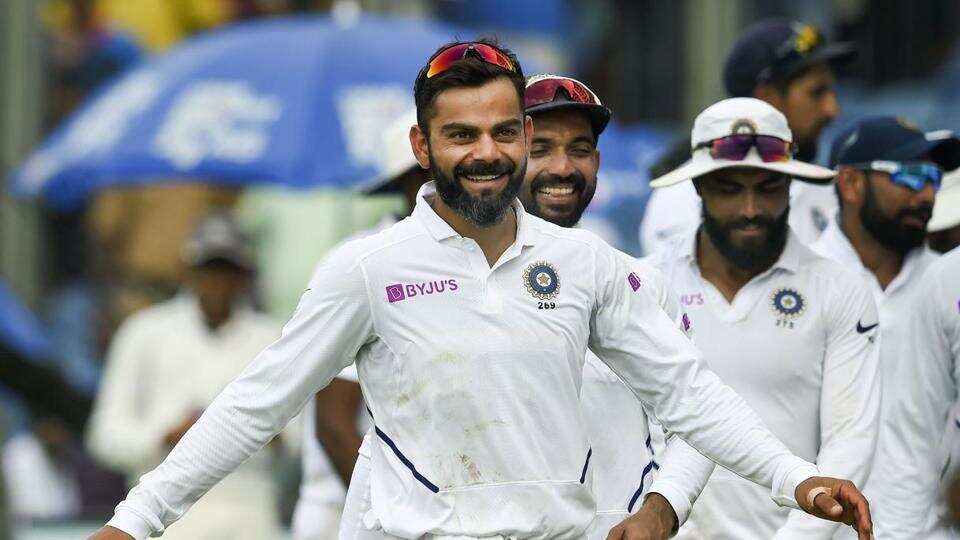
The mark of a great team is in its ability to come back. The great champions have all come back from defeat and we know that you don’t get to be world champions without a struggle. But this Australians didn’t have to do all that. They were the favorites from the very beginning of the tournament and kept playing like the best in the competition. In the end, like they have been great champions in every generation, Australia won the 2015 World Cup by beating New Zealand by seven wickets at the Melbourne Cricket Ground on Sunday. This is their fifth title after they won the World Cup in 1987, 1999, 2003 and 2007. They also became the second time after India to win a World Cup at home.
Australia had, earlier, lost to New Zealand in the Pool A league match of the World Cup, but in front of the home crowd, they took a sweet revenge in the most important match of the tournament, the grand finale. New Zealand batted first after winning the toss and were skittled out for 183. Way back in the 1983 World Cup final against the mighty West Indies, India had also scored 183 and won the match by 43 runs. But New Zealand couldn’t do what India did with that score of 183. Australia rounded up the match with 101 balls to spare.
Playing in front of over ninety-one thousand spectators at the MCG, Australian captain Michael Clarke made a marvellous 74 off 72 deliveries. He shared a very important partnership of 112 runs with terrific Steven Smith to seal the match in Australia’s favor. When Clarke got out, Australia need just nine runs to win the match. Smith, who wanted Clarke to stay with him at the crease till the end, remained unbeaten on 56, and also, hit the winning run for his team. After his match-winning knock against India in the semi-final match in Sydney, his effortless knock in the final proved to show why he is emerging to be the best batsman in world cricket today. Meanwhile, David Warner remained unaffected by the setback, and smacked 45 of 46 balls before falling to Matt Henry
With the ball, it was the fast bowlers who set it up for the team. Starting from Mitchell Johnson, Mitchell Starc to James Faulkner, all of them were in great form. Ultimately, it was Faulkner’s spell in the match which earned him the player of the match award while Starc won the man of the tournament award with 22 wickets in the tournament. New Zealand’s hopes were dashed in the very first over when their captain Brendon McCullum was bowled by Mitchell Starc. Before the pacers would go on to inflict more damage, Glenn Maxwell chipped in with Martin Guptill’s wicket in his first over to reduce New Zealand to 33 for 2.
The fast bowling trio kept the New Zealand batsmen at bay by taking regular wickets. It was only Kiwi’s middle-order batsman Grant Elliott who once again stood up tall to fight against the opponent. He made a very well grafted 83. It was only scratchy Ross Taylor who partnered Elliott who keep the Aussies attack guessing. This was the only phase of the match, where New Zealand gave an impression that they were indeed playing the big final. In the lower-middle-order, Australia dismissed Luke Ronchi, and completed an impressive powerplay that saw them concede 15 runs for three wickets. Faulkner’s slower balls helped him to bag the wicket of Elliott.
The depth of the Australian team was such that their stand-in-captain George Bailey, who led the side six weeks ago in their opening game against England and made a fine 55, didn’t get a match after Clarke came into the team. For New Zealand, Trent Boult did get the wicket of Aaron Finch to bring back some cheer, but it was short-lived as the Clarke-Smith duo had other plans. They completely batted the opposition attack out the final match. Clarke also became a legend in Australian cricket by becoming the fourth captain of his national team to win a World Cup. His predecessor has two World Cups to his name.






